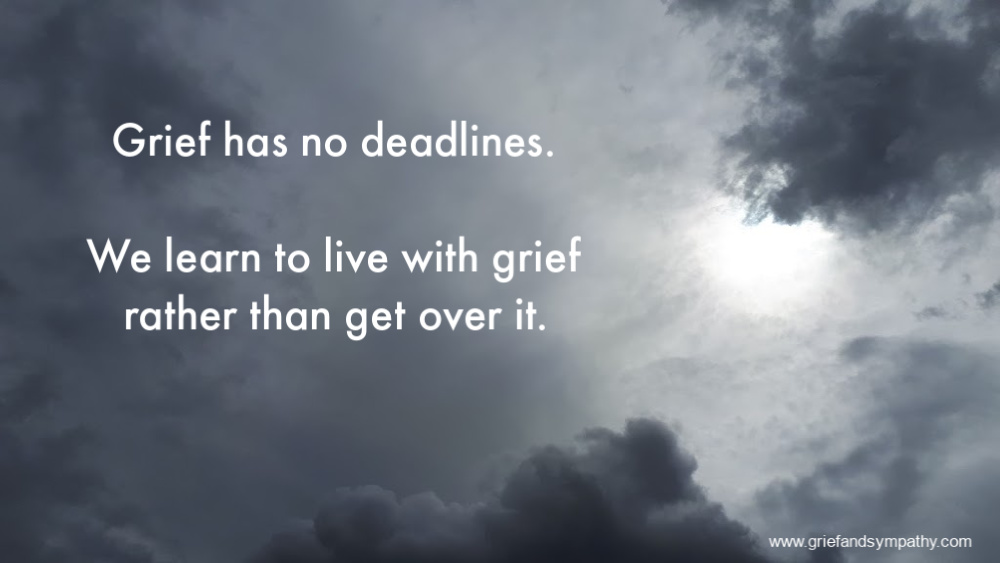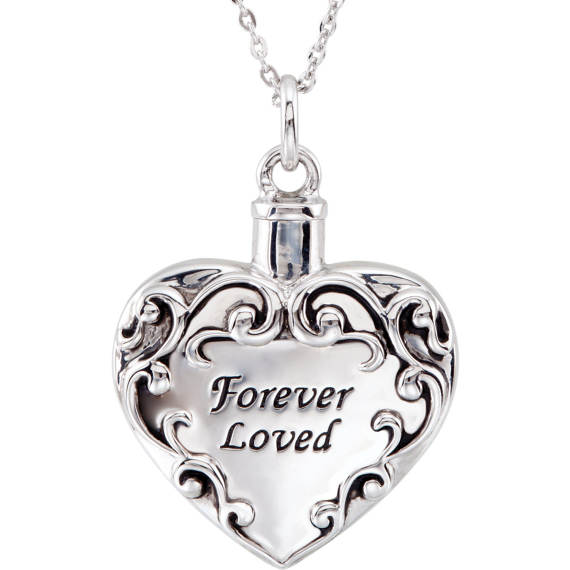Why Friends and Family Are So Bad at Helping You with Grief
By Lesley Postle, editor of this site
You have probably experienced difficulties in getting any kind of solace or understanding from friends and family. Some may even have stopped contacting you entirely. Others may be well meaning, but you feel like they are from another planet because they just don’t understand what you’re going through and you sense that they wouldn’t be able to tolerate the intensity of your feelings. Some may even be judgemental and tell you how to grieve or that you should be over it after a certain period of time.
Things people have experienced include:
- “They don’t like who I’ve become”
- “They find it difficult to be around me”
- “People are afraid to bring up the subject of my loved one for fear of upsetting me”
It’s not really their fault. Our society has brushed death under the carpet and we’re not taught how to cope with our emotions. Death is feared, excluded and denied a place in our lives. Most cultures have lost many of their rituals around death, so we are not brought up experiencing grief and loss.
These days we are expected to put on a brave face and carry on, hiding our pain for fear of upsetting everyone else. Our culture of avoiding grief and those who are grieving means that losing a loved one can become an even more lonely and isolating experience.
When you lose a loved one, people might feel bad for you, but have no idea what to do or say. For that reason, they may try to fix the problem but come out with comments that most grievers will recognise and which drive them nuts. Examples include:
- “Everything happens for a reason”.
- “Just try to think positive”
- “Move on, let go, don’t cry, etc. etc. etc.”
- “Shouldn’t you be over . . . . by now?”
Others might be afraid of talking to you about your loss because they worry they might make you cry, or they might cry themselves and set you off. They don’t want to make things worse by saying the wrong thing, or they just simply don’t know what to say.
Even if you get some sympathy and compassion at the beginning, within a few months everyone will expect you to have gotten over your loss and for everything to be back to normal.
All this can make you feel isolated and misunderstood. You might feel angry with your loved ones and friends.
So Why Are They So Bad at Understanding What You’re Feeling?
Most people cannot tolerate confronting the emotional states of others because they find it overwhelming and frightening. They may never have experienced the loss of a loved one, they don’t know what to expect and are probably afraid of death, mortality and anything related to it.
Let’s face it, even counsellors and therapists get compassion fatigue and burn out.

How Can We Survive the Brutal Comments and Find Real Help?
First of all, realise that the sort of comments we mentioned above push you to try to heal before you are ready, and make you feel guilty that somehow you’re doing it all wrong and shouldn’t be grieving. So don’t take those comments to heart. Everyone grieves in their own time, and grief has no deadlines. We learn to live with grief rather than get over it.
In her book, ‘Bearing the Unbearable’, Joanne Cacciatore actually recommends teaching your friends and family how to talk to you and what you need. This might include letting them know that you would appreciate them talking about your lost loved one, and that even if it makes you cry, that is fine. You might want to sit them down and explain how you are feeling and what they can do to help. Most of them have probably never helped anyone through grief and they don’t instinctively know what you need or what to say. So sad as it may be to have to do it, we have to let them know.
You could even write a note or email to friends and family to let them know whether or not you would like to be contacted and what they could do to help. Most would find it a relief to be given some sort of guidance.
Realise that it can be difficult to find people with whom you feel safe to share your feelings without fear of judgement. Sometimes all you need is someone just to sit with you in silence, or just to listen.
This is why Joanne Cacciatore believes that animals can be such a help in getting in touch with your feelings.
What Is The Solution?
Don’t be afraid to reach out to people. Don’t be upset if they haven’t contacted you. They probably just don’t know what to say.
Think about joining a grief support group. We discuss the pros and cons of online grief support groups here.
If you can’t find the support you need, it is no shame to reach out for professional help. Finding a good grief counselor is not always easy, but our little eBook will help you with that. It might take a couple of attempts to find someone with whom you feel comfortable but it can be well worth the effort.
If professional counselors are beyond your budget, you might be able to get help via your doctor, or call a charity support line in your country such as Lifeline, Beyond Blue, The Samaritans etc.
Where to get help:
Have You Considered One-on-One Online Grief Counseling?
Get Expert and Effective Help in the Comfort of Your Own Home
The following information about online counseling is sponsored by 'Betterhelp' but all the opinions are our own. To be upfront, we do receive a commission when you sign up with 'Betterhelp', but we have total faith in their expertise and would never recommend something we didn't completely approve.
Do you feel alone and sad with no support and no idea how to move forward? It can be tough when you are stuck in grief to find the motivation to get the most out of your precious life.
Online counseling can help by giving you that support so you don't feel so alone. You can have someone to talk to anytime you like, a kind and understanding person who will help you to find meaning in life again, to treasure the memories of your loved one without being overwhelmed and to enjoy your activities, family and friends again.
- Simply fill out the online questionnaire and you will be assigned the expert grief counselor most suitable for you. It only takes a few minutes and you don't even have to use your name.
- Pay an affordable FLAT FEE FOR UNLIMITED SESSIONS.
- Contact your counselor whenever you like by chat, messaging, video or phone.
- You can change counselor at any time if you wish.
- Click here to find out more and get started immediately.
- Or read more about how online counseling works here.
Sales from our pages result in a small commission to us which helps us to continue our work supporting the grieving.
Hypnosis for Grief - 10 Ways It Can Help You
Try a gentle hypnotherapy track to relax the mind. Learn how self-hypnosis can help you cope with grief at any time of the day or night.

For Remembrance:
Sales from our pages result in a small commission to us which helps us to continue our work supporting the grieving.
Memorial Jewelry to Honour a Loved One
Check out our lovely range of memorial jewelry for any lost loved one. Pendants, necklaces, rings or bracelets, we have them all in all kinds of styles. Choose for yourself or buy as a sympathy gift.
Create an Online Memorial Website
Honour your loved one with their own memorial website. Share photos, videos, memories and more with your family and friends in a permanent online website. Free for basic plan with no ads.
- Grief and Sympathy Home
- Online Grief Counseling
- Help With Grief




